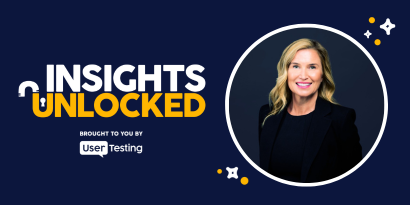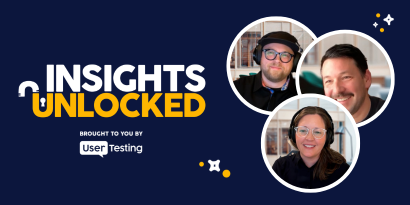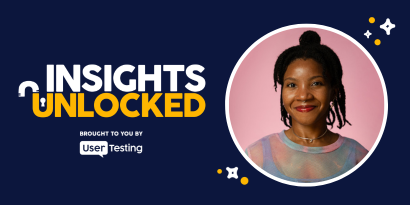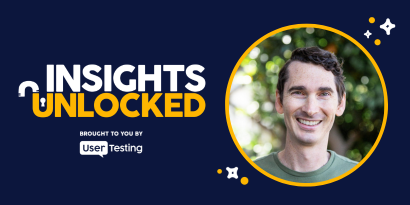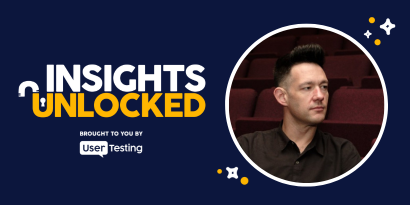
Episode 61 | September 26, 2022
Sponsored communities and building authentic connections
Learn how sponsored communities foster trust, engagement, and growth with insights from Wesley Faulkner, Senior Community Manager at Amazon.
Why sponsored communities are the backbone of trust, growth, and connection
If you've ever joined a community where your questions were answered quickly, your ideas respected, and your growth encouraged, you know the power of a well-supported space. On a recent episode of the Human Insight Podcast, Wesley Faulkner, Senior Community Manager at Amazon and longtime community advocate, shared powerful insights into why sponsored communities matter and how they can shape not just our professional lives, but our sense of identity.
Communities aren't just groups, they're mirrors
Wesley explained that community building is about much more than gathering people together. It’s about helping individuals understand where they are, how far they've come, and what they have to offer. “With community, when you're able to share knowledge with those who are not where you are but where you were weeks, months, years ago, you're able to see the delta and know you have something to give,” he said.
This reflection is especially important in developer communities and technical spaces where imposter syndrome is common. By interacting with others on similar paths, people begin to trust their own expertise and gain confidence in their journey.
ON-DEMAND WEBINAR
The ROI of human insight: prove your value to upper management
Why sponsor communities at all?
For companies, supporting an online community isn't just a goodwill gesture, it’s a strategic move that builds long-term trust and credibility. Sponsored communities benefit from organizational resources, which provide:
- Reliability: Consistent leadership and funding reduce burnout among volunteers.
- Structure: With defined codes of conduct and moderation policies, community norms are clearer and safer.
- Longevity: A supported group has a better chance of surviving personnel changes, platform shifts, or economic downturns.
“Sometimes you get some of that reliability,” Wesley said, explaining how sponsorship enables community members to focus on meaningful exchange rather than logistics.
Building trust through transparency
One of the biggest takeaways from the episode was the emphasis on psychological safety and the need for trust in communities. Whether it's moderating disinformation or creating inclusive spaces, maintaining a healthy digital community requires clear guidelines and consistent follow-through.
“You have to make sure you're very explicit about what's welcome and what actions are not welcome,” Wesley said, noting the importance of code of conduct and moderation policies.
Measuring success without losing soul
Many organizations want to tie their community engagement efforts to metrics, but Wesley warned against focusing solely on business outcomes. He encouraged community leaders to ask different questions: Would your members pay to be part of this community? What value do they say they’re getting?
If you're only tracking lead volume or issue deflection, you might miss the deeper impact: loyalty, advocacy, and personal transformation.
A future shaped by community
Sponsored communities, when nurtured correctly, create ecosystems of shared learning and advocacy that ripple far beyond a Slack channel or monthly meetup. And while the technical details—moderation, measurement, engagement—matter, Wesley’s final reminder brings it all home:
“If you're not listening to your customers, who are you serving?”
That’s not just good business advice. It’s a call to build something better, together.
Episode links:
- WEBINAR: Building a customer‑obsessed culture: refining NPS as part of a larger CX strategy: Explores how embedding customer insight into culture fosters reliability, trust, and long-term engagement.
- GUIDE: The complete guide to user interviews: A comprehensive walkthrough on conducting effective interviews—a key tool for building trust, listening, and fostering community engagement.
- PODCAST: Building a customer research panel with BECU (Episode 171): Discusses how BECU built and maintained a research panel—mirroring sponsored community principles: recruitment, retention, and value exchange.
- BLOG: Know your audience for a better ROI: Highlights why ongoing audience understanding is essential—paralleling the need for authenticity, listening, and measuring community impact
ON-DEMAND WEBINAR
